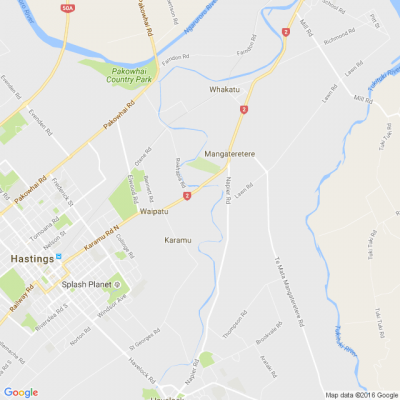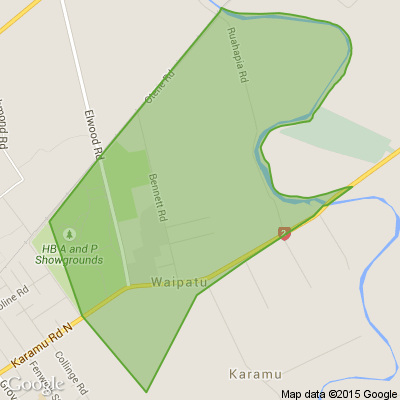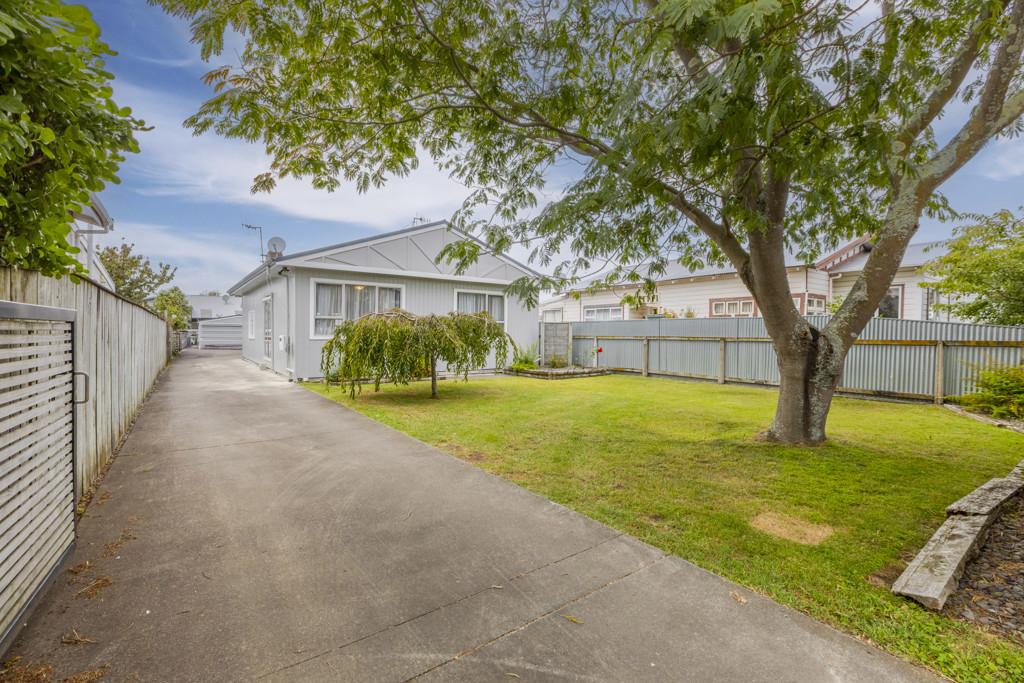Tsunami Activity - Stay Safe Everyone
NATIONAL ADVISORY: TSUNAMI ACTIVITY – EXPECT STRONG AND UNUSUAL CURRENTS AND UNPREDICTABLE SURGES AT THE SHORE
Issued 8.14pm, 15 January 2022
We expect New Zealand coastal areas on the north and east coast of the North Island and the Chatham Islands to experience strong and unusual currents and unpredictable surges at the shore following a large volcanic eruption at Hunga-Tonga-Hunga-Ha'pai in Tonga.
Strong currents and surges can injure and drown people. There is a danger to swimmers, surfers, people fishing, small boats and anyone in or near the water close to shore.
People in or near the sea should move out of the water, off beaches and shore areas and away from harbours, rivers and estuaries until at least 04:00am NZDT Sunday 16 January 2022.
STAY OFF THE BEACHES AND SHORE AREAS
There is no need to evacuate other areas unless directly advised by local civil defence authorities.
Coastal inundation (flooding of land areas near the shore) is not expected as a result of this event.
We are advising people to:
▪️Move out of the water, off beaches and shore areas and away from harbours, rivers and estuaries.
▪️Do not go to the coast to watch the unusual wave activity as there may be dangerous and unpredictable surges.
▪️Listen to local civil defence authorities and follow any instructions.
▪️Share this information with family, neighbours and friends.
Strong and unusual currents and unpredictable surges will continue for several hours and the threat must be regarded as real until this Advisory is cancelled.
This National Advisory has been issued following advice from GNS Science. This is the largest eruption from Hunga-Tonga-Hunga-Ha'pai Volcano so far, and the eruption is ongoing. The situation may change as new information becomes available.
Listen to the radio or TV for updates, or check www.civildefence.govt.nz...
Poll: Should the government levy industries that contribute to financial hardship?
As reported in the Post, there’s a $30 million funding gap in financial mentoring. This has led to services closing and mentors stepping in unpaid just to keep helping people in need 🪙💰🪙
One proposed solution? Small levies on industries that profit from financial hardship — like banks, casinos, and similar companies.
So we want to hear what you think:
Should the government ask these industries to contribute?

-
59.5% Yes, supporting people is important!
-
26.2% No, individuals should take responsibility
-
14.4% ... It is complicated
Have you got New Zealand's best shed? Show us and win!
Once again, Resene and NZ Gardener are on the hunt for New Zealand’s best shed! Send in the photos and the stories behind your man caves, she sheds, clever upcycled spaces, potty potting sheds and colourful chicken coops. The Resene Shed of the Year 2026 winner receives $1000 Resene ColorShop voucher, a $908 large Vegepod Starter Pack and a one-year subscription to NZ Gardener. To enter, tell us in writing (no more than 500 words) why your garden shed is New Zealand’s best, and send up to five high-quality photos by email to mailbox@nzgardener.co.nz. Entries close February 23, 2026.

Pet Sitting Available
Hello Everyone
Thank you for looking at my profile.
I am a local mum who is mature, reliable, responsible, and hardworking. I have a 6 year-old, our pet cats are called Ruby and Iggy. I work as a Teacher Aide when I'm not pet-sitting.
I have been pet-sitting since December of 2022, I love animals. I am motivated to provide a friendly and genuine service for my customers and build positive relationships between clients of the human kind and the four-legged kind :D.
I am patient and caring, eager to work with all animals and breeds, and willing to walk animals in their normal environments. My skills include attention to detail, orderly and organised.
I live in Hastings but am willing to travel locally.
Pay rates for one animal (additional animals can be discussed)
Services:
One home visit per day NZD $20
Two home visits per day NZD $25
The duties I can offer are:
*Home visits (while you are away)
*Feed, water, and walk animals according to schedule and feeding times.
*Can mix food, liquid formulas, medications, etc. according to the instructions.
*Happy to groom pets if needed.
*Happy to clean animal's habitats
*Keep a safe environment for the pets in my care.
*Report to owners on how your beloved pets are doing.
*Examine and observe animals to detect illness, disease or injury signs.
Please feel free to contact me and ask questions or queries.
I look forward to hearing from you.
DOG WALKING AVAILABLE WITH PET SITTING.
Need a pet sitter? Check out my profile on Pawshake: www.pawshake.co.nz...






 Loading…
Loading…








